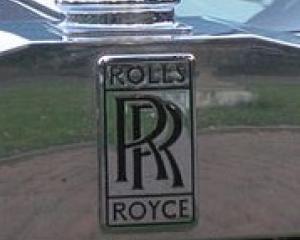The actions which allegedly netted two men almost $17 million from the local health board between 2000 and 2006 were described in contrasting ways to a High Court jury in Dunedin yesterday.
Opening the Crown case in the High Court trial of former health board IT manager Michael Swann (46) and friend and business associate Kerry Harford (48), prosecuting counsel Robin Bates told the jurors the two men received a total of $16.9 million for doing "absolutely nothing" apart from creating almost 200 false invoices in the name of Harford-owned companies.
Serious Fraud Office investigations had established Swann spent his $15 million share on cars and boats, property and other lifestyle items, Mr Bates said.
The Crown says the two men charged the board for IT-related services which were never provided and for which the Harford-owned company Sonnford Solutions was paid.
When the three Dunedin hospital servers were examined by independent computer engineers after crashing about two years ago, they were still running the same software programs installed in 2000 and 2001 when IBM supplied them, and very little maintenance had been done.
That was despite various upgrades or improvements being available since 2000 and was totally at odds with what many of the Sonnford invoices indicated, Mr Bates said.
But defence lawyers John Haigh QC of Auckland (Swann) and Greg King of Wellington (Harford) told the jury neither man had acted dishonestly or intended to defraud anybody.
Swann did not deny he, or entities he controlled, had received 90% of the $16.9 million, Mr Haigh said.
But he denied acting dishonestly or with an intention to defraud the board.
Although the contracts may have been poorly drafted, confusing, naive and conflicting, they were for risk mitigation or insurance policies which would require Sonnfords to bring in outside assistance if there was a collapse or any major malfunction of the servers.
And while Swann might have committed significant breaches of his employment contract, those breaches did not involve the criminal law, Mr Haigh said.
Mr King said Harford also did not dispute invoicing the board and receiving the money.
What was disputed - "the central issue in the trial" - was his intent at the relevant time, between August 2000 and August 2006.
Harford at no time intended to defraud anybody, and he did not act dishonestly, Mr King said.
Both men deny three charges of dishonestly, and with intent to defraud, using 198 invoices for financial gain from the health board between August 2000 and August 2006.
The first two of more than 40 Crown witnesses, health board former chairman Ross Black and former finance and corporate general manager Ewen Soper gave evidence yesterday, the first day of the hearing which is expected to take about three weeks.



